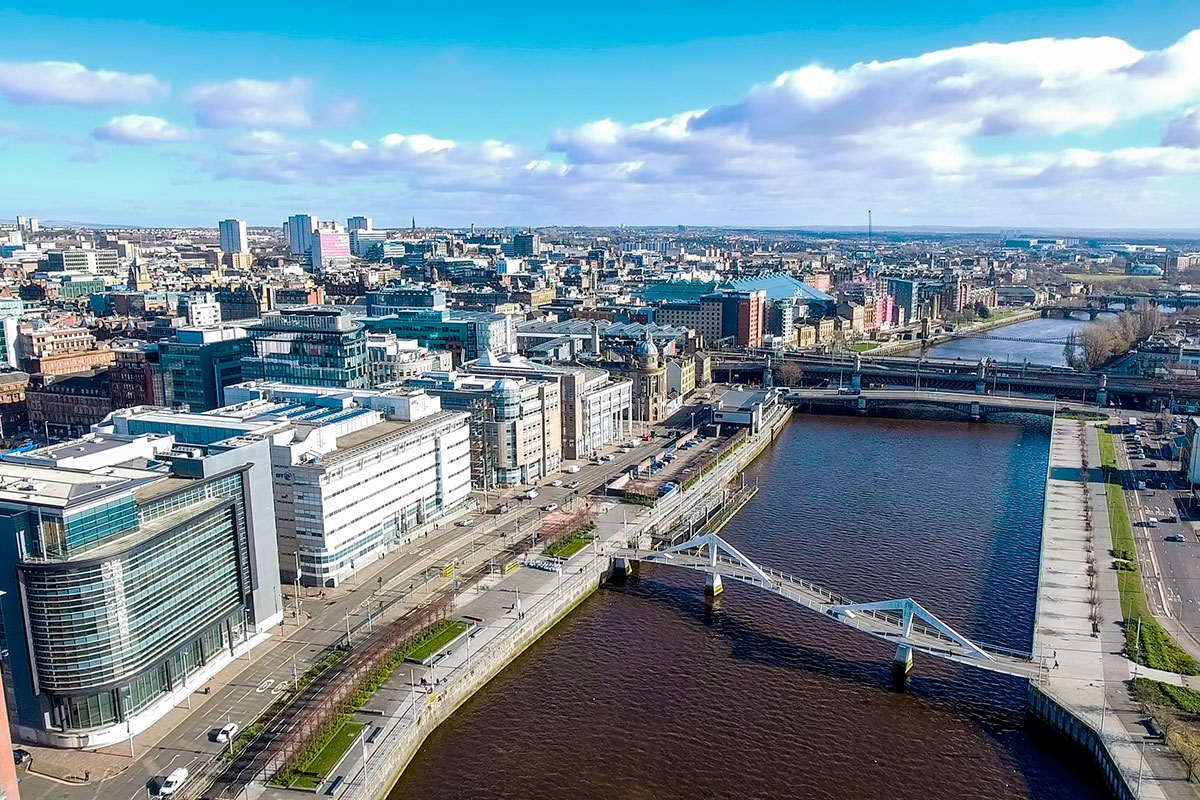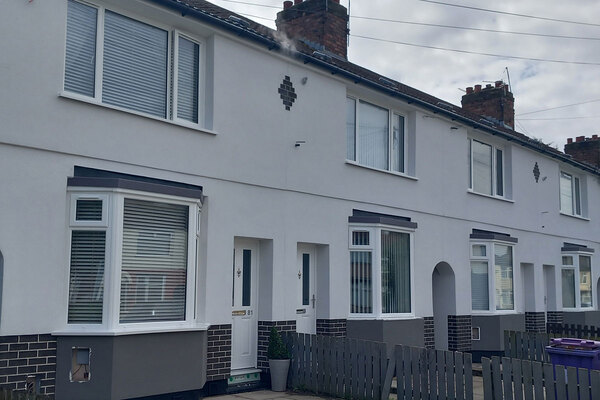Scottish councils breached temporary accommodation law 375 times in six months
Local authorities in Scotland breached a law that prevents people being placed in ‘unsuitable’ temporary accommodation 375 times during a six-month period last year, government figures show.
A total of eight councils reported breaching the Unsuitable Accommodation Order, which prevents local authorities from placing any household in accommodation such as hotels and B&Bs for more than seven days.
With 195 breaches, Fife Council broke the law the most times, followed by Glasgow City Council, which reported 110 breaches.
The other councils that reported breaches were: East Lothian, West Lothian, Edinburgh, Highland, Renfrewshire and Stirling.
The Scottish government warned that the figures should be treated with caution as there have been reporting inconsistencies due to the recent extension of the legislation and COVID-19 exemptions.
Under the Unsuitable Accommodation Order, a temporary accommodation property is deemed unsuitable if it does not meet certain criteria, for example it does not have its own bathroom or adequate cooking facilities.
Until recently the law only applied when housing pregnant women or families with children, however the legislation was officially extended in May 2020 to include all households.
Councils were granted an exemption from having to comply with the extended law until September 2021 if the temporary accommodation was being used for self-isolation or social distancing purposes, or if the local authority could not find suitable accommodation due the impact of coronavirus on temporary accommodation supply.
John Mills, head of housing services at Fife Council, told Inside Housing that he was supportive of the new legislation, but that the impact of the pandemic meant the council had fewer homes available to let, meaning households were getting stuck in temporary accommodation for longer.
He said prior to the pandemic the council would typically see 2,500 vacancies over a year, however this has reduced to about 1,900 during the pandemic.
The situation has “started to improve”, he added, but he said that it is “not improving at a fast enough rate for us to move people out of unsuitable accommodation quickly enough”.
He said the extension of the Unsuitable Accommodation Order also meant that five of the six hostels the council owns to temporarily house homeless people became unsuitable for use.
The council is currently in the process of converting these hostels to suitable accommodation.
A spokesperson for Glasgow’s homelessness services said that “a number of pressures” led to the increase in Unsuitable Accommodation Order breaches in the six months up to September last year.
This included an increase in the number of homeless presentations, some of whom were large families, and supply-side issues related to the construction industry, the spokesperson said.
Before Christmas, the Scottish government published a consultation that would see new legal duties placed on public authorities to prevent homelessness.
Sign up for our Scotland newsletter
Already have an account? Click here to manage your newsletters




